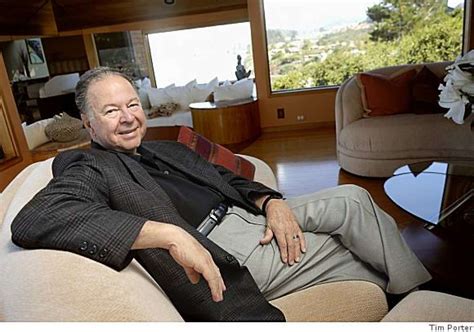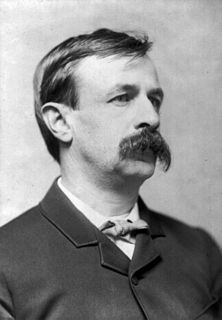A Quote by Christian Lous Lange
Only recently, during the nineteenth century, and then only in Europe, do we meet forms of the state which have been created by a deliberate national feeling.
Related Quotes
The Federated Republic of Europe-the United States of Europe-that is what must be. National autonomy no longer suffices. Economic evolution demands the abolition of national frontiers. If Europe is to remain split into national groups, then Imperialism will recommence its work. Only a Federated Republic of Europe can give peace to the world.
Given that the nineteenth century was the century of Socialism, of Liberalism, and of Democracy, it does not necessarily follow that the twentieth century must also be a century of Socialism, Liberalism and Democracy: political doctrines pass, but humanity remains, and it may rather be expected that this will be a century of authority ... a century of Fascism. For if the nineteenth century was a century of individualism it may be expected that this will be the century of collectivism and hence the century of the State.
I do not know if the doctrine that the nation-state arose in the 19th century was still being taught:;... but it is erroneous. The nation-state reaches back far into the origins of Europe itself and perhaps beyond. If Europe was not always a Europe of nations, it was always a Europe in which nations existed, and were taken for granted, as a basic form of the State.
Democrtitus, in the fifth century B.C. had declared that all the world was composed of only two elements: atomes and the void. This reduction of the myriad of forms to only two was the ultimate in dualistic reasoning. Christianity adopted dualism when it created the strict division between good and evil and heaven and hell.
I cannot sufficiently celebrate the glorious liberty that reigns in the public libraries of the twentieth century as compared with the intolerable management of those of the nineteenth century, in which the books were jealously railed away from the people, and obtainable only at an expenditure of time and red tape calculated to discourage any ordinary taste for literature.
Governments which have a regard to the common interest are constituted in accordance with strict principles of justice, and are therefore true forms; but those which regard only the interest of the rulers are all defective and perverted forms, for they are despotic, whereas a state is a community of freemen.


































